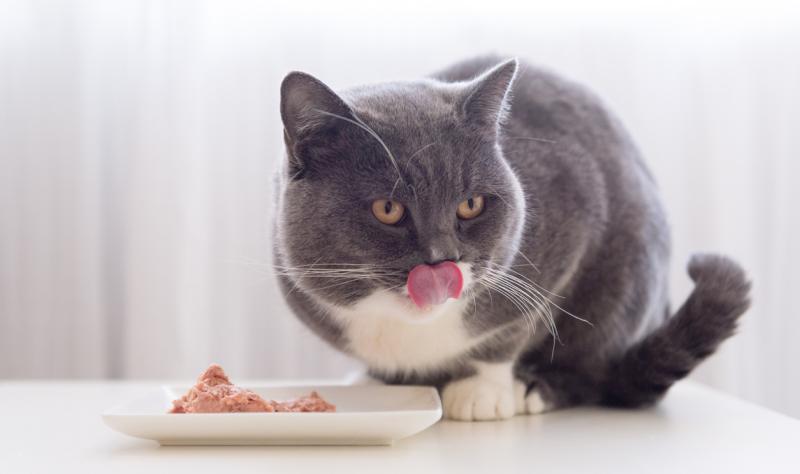Recent cases of H5N1 avian influenza infections in cats in Los Angeles have prompted health authorities to issue a new warning regarding the safety of raw pet food diets. The infections, which resulted in the deaths of several cats, highlight potential risks associated with feeding pets raw or undercooked food, especially in areas where avian influenza is present.
H5N1 is a highly pathogenic avian influenza virus that primarily affects birds but can occasionally infect mammals, including cats and humans. The Los Angeles cases involved domestic cats that had access to raw poultry or raw meat, suggesting a possible transmission route through contaminated raw pet food products.
Veterinarians and public health officials are urging pet owners to exercise caution when choosing diets for their animals. They recommend avoiding raw or undercooked poultry and meat, particularly in regions experiencing avian influenza outbreaks. Properly cooking pet food can significantly reduce the risk of infection.
The Centers for Disease Control and Prevention (CDC) and local health departments are conducting investigations to determine the exact source of the infections and to assess the potential risk to humans. While there is currently no evidence of human transmission from these cases, experts emphasize the importance of preventive measures to protect both pets and their owners.
In addition to avoiding raw pet food, pet owners are advised to maintain good hygiene practices, such as washing hands thoroughly after handling pet food or cleaning litter boxes. Regular veterinary check-ups are also recommended to monitor pets' health, especially if they show signs of illness.
The incident underscores the importance of monitoring zoonotic diseases—those that can transfer between animals and humans—and highlights the need for strict food safety practices in pet care. As avian influenza continues to circulate among bird populations, vigilance remains crucial to prevent further infections in mammals and potential spillover into human populations.
Health authorities continue to monitor the situation closely and will provide updates as new information becomes available. Pet owners are encouraged to stay informed and follow guidance from veterinary and public health officials to ensure the safety of their animals and families.
